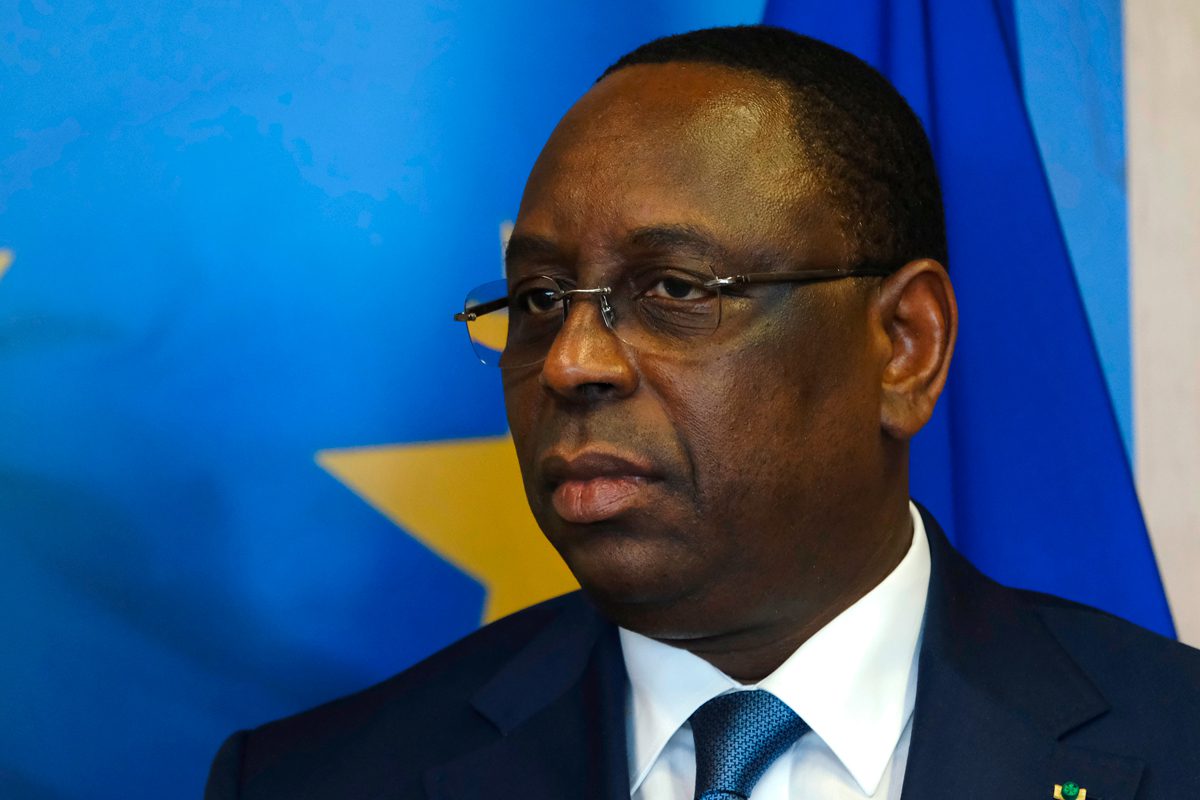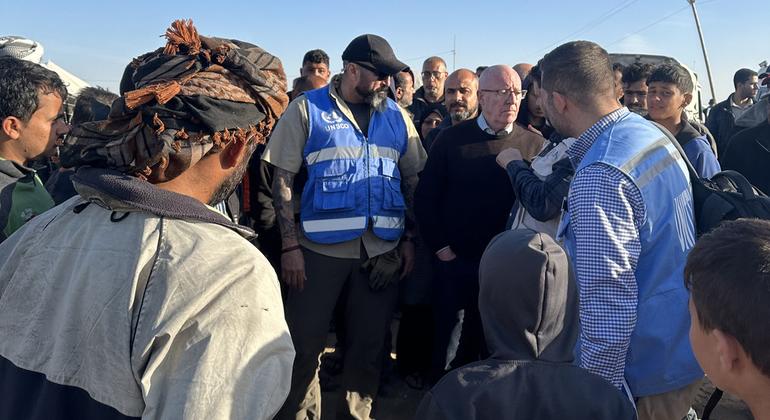The presidential election in Senegal is already noteworthy before it even happens on 25 February 2024. This is because President Macky Sall told the world last summer that he would be stepping down and would not run in the election, thereby fully respecting the end of his constitutional term. As he put it, he has great faith in the country and its people to continue after his presidency. His stance is in striking contrast to the current trend on the continent for military coups and presidents clinging on to power long after their constitutional terms have ended.
In an interview with Africa Report, President Sall said:
“Senegal is more than just me, it’s full of people capable of taking Senegal to the next level. Personally, I believe in hard work and keeping one’s word. It may be old-fashioned, but it’s worked for me so far and I don’t see why I should change my nature.”
He added,
“The real issue is the conditions under which African countries are forced into debt, at high rates. Above all, unlike other countries, we are unable to obtain loans for more than 10 or 12 years, even when we want to build a hydroelectric power station to combat global warming … That’s the real struggle for Africans.”
As for his own resignation, he said,
“You have to know how to turn the page: I’ll do what Abdou Diouf did and retire completely. Then I’ll see how I can redeploy my energies, because I still have a bit [of that] left, by the grace of God.”
There is speculation that he will be offered several prestigious roles, especially around giving an international voice to Africa. In particular, his name has been associated with the African Union’s newly acquired seat at the G20.
He is active in debates about global governance, including financial governance, and vocal about what he believes are necessary reforms of the Bretton Woods institutions. He is also a powerful voice on climate change, emphasising that Africa’s share of global pollution is less than four percent and that it is unjust to tell the African continent it cannot use fossil fuels or have them financed.
He is expected to be called upon for peace-making roles and is considered a favourite for the prize of $5m that Mo Ibrahim awards to an Africa leader who has demonstrated good governance and respect for term limits. Some of these roles are already being granted.
The OECD and France named him in November 2023 as the 4P’s (Paris Pact for People and Planet) special envoy from January. The statement said President Sall’s personal commitment will play a decisive role in mobilising all the players of goodwill and signatories to the 4P.
President Sall’s legacy on the international stage, including his former role of Chair of the African Union, is well-respected. He has championed the cancellation of African debt and strengthening the fight against terrorism. He has also been influential in his rejection of the military coups that have taken place in Africa since 2020 and the efforts to reverse them.
Of course two of the earlier coups were in Mali, Senegal’s biggest trading partner. These were followed by a coup in another neighbour, Guinea, and a failed attempt in next-door Guinea-Bissau. President Sall was chair of the African Union when a coup struck in Burkina Faso for the second time within 2022. He played a leading role in the response of the Economic Community of West African States (ECOWAS) to every coup, including one in Niger in July.
As head of the African Union last year, he drove efforts to broker the Black Sea grain deal that has allowed crucial shipments of Ukrainian grain to reach African countries despite the Russian invasion. He is also appreciated for his role in forcing out dictator Yahya Jammeh in neighbouring Gambia in 2017.
As for Senegal’s future, President Sall said,
“We are on the right track, despite the crisis linked to the Covid-19 pandemic and the effects of the war in Ukraine. After spending the last decade filling in the gaps in infrastructure, electricity, and water, we need to encourage the private sector to invest more in our country so that, in the future, the state can focus more on social issues, agriculture and food sovereignty.”
Senegal’s reputation as a democracy has only been further cemented by President Sall’s willingness to step down and his instruction to his government to ensure free and transparent elections on 25 February 2024 and a smooth transition. It is to be hoped that this example will inspire a better year ahead across the continent, in terms of democracy and respect for the rule of law and term limits.





